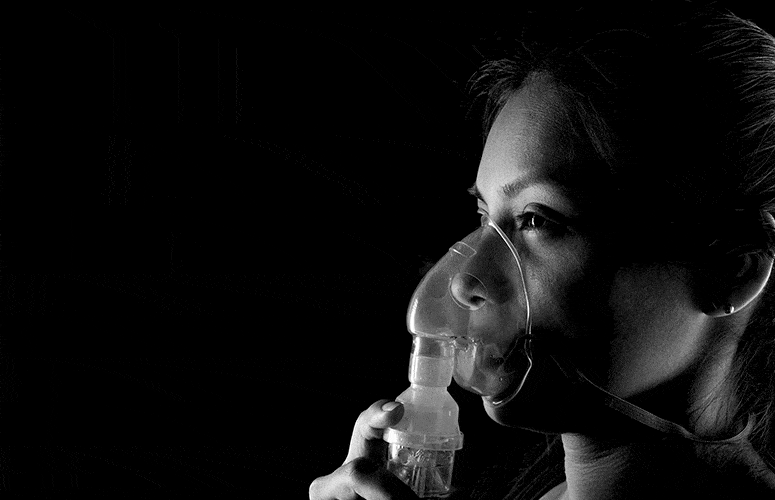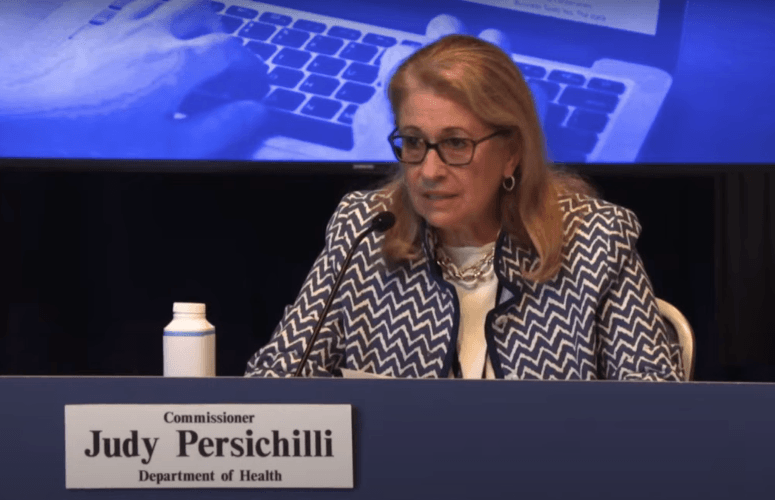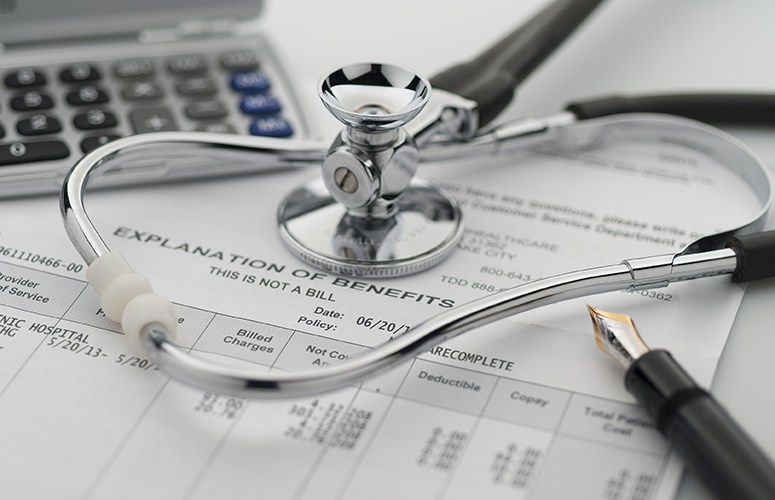
Treating the COVID-19 “Long Haulers”
Employers must acknowledge and accommodate workers suffering from the long-term effects of the SARS-CoV-2 infection.
By Meg Fry, Contributing Writer On Oct 14, 2021The ongoing COVID-19 pandemic has resulted in significant life changes and loss for a majority of the global population, with many if not all experiencing emotional separations, social anxiety, and a lack of overall security.
Then there are the “long haulers,” those actually infected with COVID-19 who have experienced a range of severe symptoms for at least one month up to, at this point, longer than a year.
Post-COVID-19 syndrome – or Post-Acute Sequelae of SARS-CoV-2 infection (PASC), as recently labeled by the National Institutes of Health – exacerbates everything.
“PASC should be one of the motivators for people to get vaccinated,” says Dr. Vanessa Trespalacios, medical director of Saint Barnabas Medical Center’s Post-COVID CARE (Comprehensive Assessment Recovery and Evaluation) program at the Barnabas Health Ambulatory Care Center in Livingston.
“I hear so often, ‘I’m young, healthy, and more concerned about the side effects of the vaccine than I am about getting COVID-19,’ but they really should be worried,” Trespalacios says. “Even if they survive COVID-19, between 10% to 30% of infected patients will end up with PASC.”
For employers hoping to move forward, this syndrome must therefore be properly validated and accommodated to foster a healthy workforce once again.
“COVID-19 [and PASC] symptoms are real, they must be acknowledged, and medical intervention for employees is the best way forward,” says Dr. Waqas Rahman, a physician with Hackensack Meridian Health’s COVID-19 Recovery Center, which coordinates care with Hackensack Meridian Health physician practices across New Jersey and provides a specialized COVID Rehabilitation Program at Hackensack Meridian JFK Johnson Rehabilitation Institute in Edison.
“Employees will have to progressively get back to work,” says Dr. Fred Cerrone, a physician with Pulmonary and Allergy Associates, the offices of which serve as triage locations for Atlantic COVID Recovery Center, Atlantic Health System’s multidisciplinary program based in Cedar Knolls and Summit. “Patients who have tried to do too much all at once – it just didn’t work.”
That’s because with more than 200 symptoms and various durations of illness reported by patients with this syndrome, individualized, comprehensive care – often requiring time, testing, and rest – is the only option currently available.
“A lot of patients we encounter feel as though no one really understands what they’re going through because it’s very difficult for them to explain their symptoms,” Rahman says. “It’s important to reassure them that they’re not the only ones and that we’re here to try to help them develop a treatment plan using a team-based approach.”
According to the Mayo Clinic, imaging tests taken months after recovery from even mild COVID-19 infections have shown lasting damage to and inflammation of the heart, lungs and blood vessels, which could also contribute to long-term conditions of the liver and kidneys.
Most commonly, PASC results in chronic physical symptoms of shortness of breath, a lingering cough, an elevated heartrate, painful headaches and body aches, loss and/or distortion of smell or taste, dermatologic issues such as rashes and hair loss, and extreme fatigue.
Additionally, a majority of patients report memory loss, difficulty focusing, and general “brain fog,” which Rahman describes as “a feeling of being out of touch with reality, with some patients so delayed in their responses that it is noticeable to family members.”
PASC has even resulted in strokes, seizures and Guillain-Barre syndrome for some.
“How COVID-19 damages the brain remains unclear,” Trespalacios says. “However, whether as a direct result of the virus itself causing physical brain damage or its psychological and emotional effects, a great majority of COVID-19 patients – in addition to much more of the general population – are suffering from significant issues with severe anxiety and depression.”
In short, COVID-19 – whether acute or prolonged – is as physically, mentally and emotionally devastating, if not more so, than widely reported.
“COVID-19 is a multisystem, heterogenous disease that patients experience very differently,” says Dr. David Sousa, a physician with Pulmonary and Allergy Associates. “Therefore, we do a multisystem screen intake to try to elicit what help people actually require.
“We need to get a sense of the total extent to which someone is affected and create a plan for that,” Sousa adds, noting that patients at his clinic are seen two to three times on average.
To date, there are no particular imaging studies or lab tests that can ultimately confirm all of the multiple diagnoses that comprise PASC, says Dr. Jonathan Shammash, director of medicine resident practice and associate profession and clerkship site director for Hackensack University Medical School.
“Validating patient concerns – whatever symptoms and complaints they are bringing to us – is incredibly important,” Shammash says. “That is why careful assessment and comprehensive management with accommodations as needed are best.”
Patients’ employers are therefore encouraged by their doctors to develop the same.
“Employers will need to come up with a comprehensive plan just as physicians do to help their employees get back to their optimal performance,” Rahman says.
“Plus, businesses can work with a center like ours to come up with plans to get their employees back to work,” Cerrone adds.
To start, increased flexibility and understanding must be a given throughout this continued uncertainty.
“Because this disease and duration is different for everyone, employers need to be cognizant of the fact that their employees will experience this differently and each of their recoveries will be different,” Sousa says. “It will not be the same approach for everyone.”
Employers could also go the extra mile to educate themselves and provide employees with important wellness information.
“Too many people often minimize their symptoms and suffer in silence when there are resources like our clinic that could potentially help them,” Sousa says.
“So, we encourage employers to say, ‘Hey, there are these places where you can go to get evaluated,’ and I think we’ve done a good job working with employers to design programs to get patients back to where they need to be,” Cerrone adds.
Employers may also encourage employees to attend community support groups while providing additional information on affordable behavioral health access through company insurance.
Overall, employers are encouraged to allow their employees the time they need to stay home or rest if they are feeling unwell, working with employees to modify schedules or office accommodations, such as quieter environments devoid of bright lights, or places to sit rather than stand.
“The good news is that patients seem to respond well to all of this,” Shammash adds. “We’ve seen over weeks to months that with proper rest and adequate treatment, patients and their ability to perform their work and activities of daily living can improve.”
However, prevention continues to be key to concluding this pandemic.
For now, doctors continue to recommend staggering schedules or encouraging applicable employees to work remotely, maintain social distancing and wear masks.
Finally, Trespalacios says she cannot stress enough the importance of vaccinations against COVID-19.
“The vaccines are extremely effective in preventing severe illness resulting in hospitalization or death – that is how we’re going to be able to get this virus under control and return to our previous lives,” she says.
To access more business news, visit NJB News Now.






